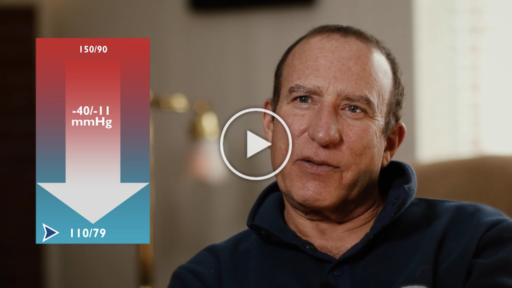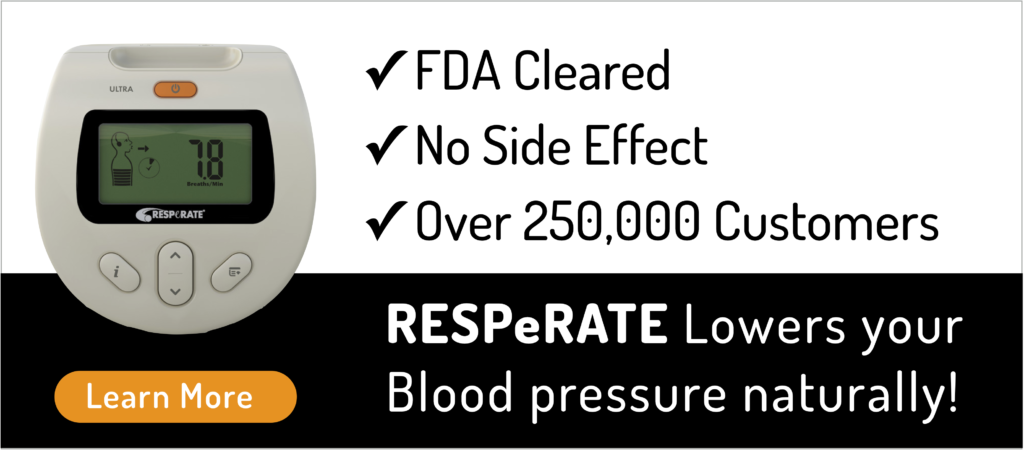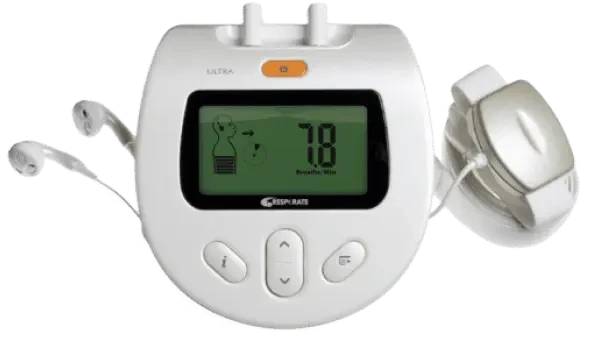Do you feel weak or tired, sometimes to the point of exhaustion, much of the time? If so, you’re not alone. This is actually one of the main reasons that people refuse to take their blood pressure medications.
Chronic fatigue has many causes, including illnesses such as anemia and multiple sclerosis as well as depression and other psychiatric disorders. But it’s also often a side effect of drugs previously prescribed for other conditions.
Can Blood Pressure Medication Cause Fatigue?
Could one or more of the medications you’re taking be making you feel listless or lethargic? Read below to learn about the major hypertensive medications that can cause chronic fatigue. If you suspect that your symptoms might be linked to a medication you’re taking, talk to your doctor or health care provider right away. It’s important that you do not discontinue them on your own.
Why they’re prescribed: All blood pressure medications, and there are at least eight categories of them, are used to lower the pressure inside blood vessels, so the heart doesn’t have to work as hard to pump blood throughout the body.
Top-selling blood-pressure medications include:
- lisinopril (Prinivil, Zestril), an ACE inhibitor
- Amlodipine (Norvasc), a calcium channel blocker
- Hydrochlorothiazide (HCTZ and various other brand names), a Thiazide diuretic
- Furosemide (Lasix), a loop diuretic
- Metoprolol (Lopressor, Toprol), a beta blocker
Fatigue is one of the most common side effects that occur in these medications as with Aliskiren (Tekturna, Tekturna HCT), which belongs to a newer class of drugs called renin inhibitors.
How they can cause fatigue?
Blood-pressure medications may slow down the pumping action of the heart as well as depress the entire central nervous system, or, in the case of diuretics, deplete electrolytes that the body needs. Diuretics have also been known to cause constipation in some patients.
Check the safety information that comes with your blood pressure medications and you may well see “extreme tiredness” listed as a side effect. That’s an important sign that your fatigue could be drug-induced.
Alternatives
Talk to your doctor or other health care provider about switching to another type of blood pressure medication. For older patients, a benzothiazepine calcium channel blocker, such as diltiazem (Cardizem), is often the best choice.
An omega-3 fish oil supplement may help to lower your blood pressure, too. Be aware, though, that omega-3s can slightly raise levels of LDL or bad cholesterol, and other research has shown these may increase the risk of prostate cancer.
A natural benefit: Omega-3 fatty acids are also thought to be natural fatigue fighters. One 2015 study shows that metabolism increased while resting and exercise heart rate dropped in older women who took omega-3 supplements that contain 2 g EPA, 1 g DHA for 12 weeks.
However, whether omega-3 actually improves resting metabolism and exercise heart rate remains unclear because there are many conflicting studies.
When it comes to your health and whether or not you want to take the medicine route, do your research. There are many alternatives to lowering your blood pressure that are not toxic. Always consult with your physician or naturopath.

 Eli Ben-Yehuda
Eli Ben-Yehuda 












 Download Brochure
Download Brochure
Comments